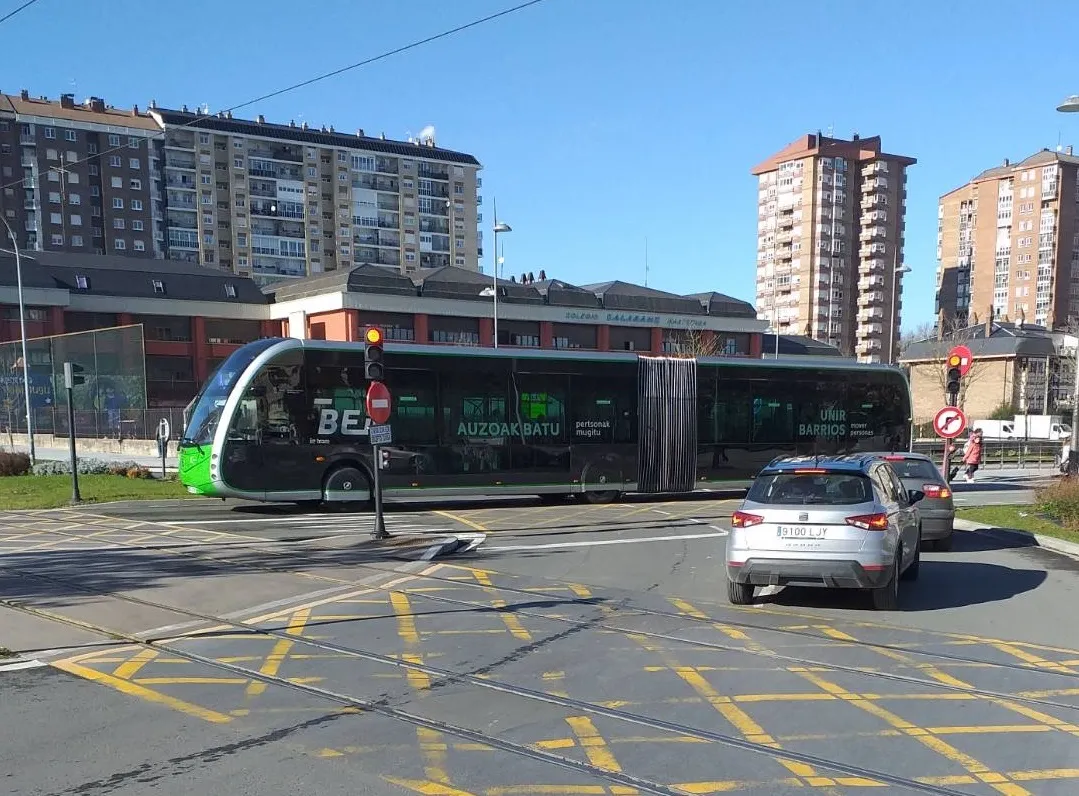Global electronic toll collection (ETC) systems revenues are expected to grow from US$4.48 billion in 2013 to US$8.5 billion in 2018, with a CAGR of 14 per cent and North America as the vital region., according to a new report from ABI Research, Electronic Toll Collection: A Key Business Driver for ITS and V2I. The study covers types of ETC (highway, urban, and area tolling), ETC technologies (RFID, DRSC, video, and GNSS/cellular), use cases and benefits, as well as an in-depth review of the main implementa
July 26, 2013
Read time: 2 mins
Global electronic toll collection (ETC) systems revenues are expected to grow from US$4.48 billion in 2013 to US$8.5 billion in 2018, with a CAGR of 14 per cent and North America as the vital region., according to a new report from 5725 ABI Research, Electronic Toll Collection: A Key Business Driver for ITS and V2I.
The study covers types of ETC (highway, urban, and area tolling), ETC technologies (RFID, DRSC, video, and GNSS/cellular), use cases and benefits, as well as an in-depth review of the main implementations and the ETC ecosystem. ETC revenue forecast per region, type of toll collect, and technology are included.
“ETC is finding new momentum as a way to manage traffic via dynamic toll pricing and address urban congestion issues. At the same time toll revenues will help governments and road operators deploying intelligent transportation systems including through V2X infrastructure. However, ETC remains characterised by a large degree of fragmentation and closed approaches hindering interoperability and widespread adoption,” says VP and practice director Dominique Bonte.
Two main ETC technology battles are taking place: DRSC versus RFID – at toll gates RFID is well established in the North America, while in Europe DRSC is the standard technology, with Asia showing a mixed situation; and short-range (RFID/DSRC) versus wide area (GNSS plus cellular) - future growth of area and city tolling will favour wide area technologies.
Additionally, video analytics in the form of camera-based Automatic licensing plate recognition (ALPR) remains a key enforcement and revenue collection technology.
ETC ecosystem participants offer a wide range of solutions such as tags and transponders; software services and system integration; and toll system operations including maintenance, payment handling, and revenue assurance.4984 Kapsch TrafficCom, Atlantia, and 139 Transcore offer end-to-end services. Most ETC players such as 108 Q-Free (hardware and software integration) and road operators 480 Sanef (system integration) only cover parts of the value chain.
The study covers types of ETC (highway, urban, and area tolling), ETC technologies (RFID, DRSC, video, and GNSS/cellular), use cases and benefits, as well as an in-depth review of the main implementations and the ETC ecosystem. ETC revenue forecast per region, type of toll collect, and technology are included.
“ETC is finding new momentum as a way to manage traffic via dynamic toll pricing and address urban congestion issues. At the same time toll revenues will help governments and road operators deploying intelligent transportation systems including through V2X infrastructure. However, ETC remains characterised by a large degree of fragmentation and closed approaches hindering interoperability and widespread adoption,” says VP and practice director Dominique Bonte.
Two main ETC technology battles are taking place: DRSC versus RFID – at toll gates RFID is well established in the North America, while in Europe DRSC is the standard technology, with Asia showing a mixed situation; and short-range (RFID/DSRC) versus wide area (GNSS plus cellular) - future growth of area and city tolling will favour wide area technologies.
Additionally, video analytics in the form of camera-based Automatic licensing plate recognition (ALPR) remains a key enforcement and revenue collection technology.
ETC ecosystem participants offer a wide range of solutions such as tags and transponders; software services and system integration; and toll system operations including maintenance, payment handling, and revenue assurance.








